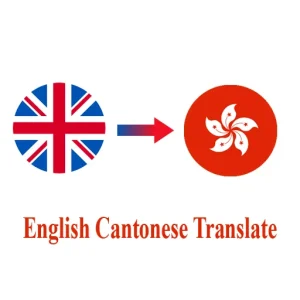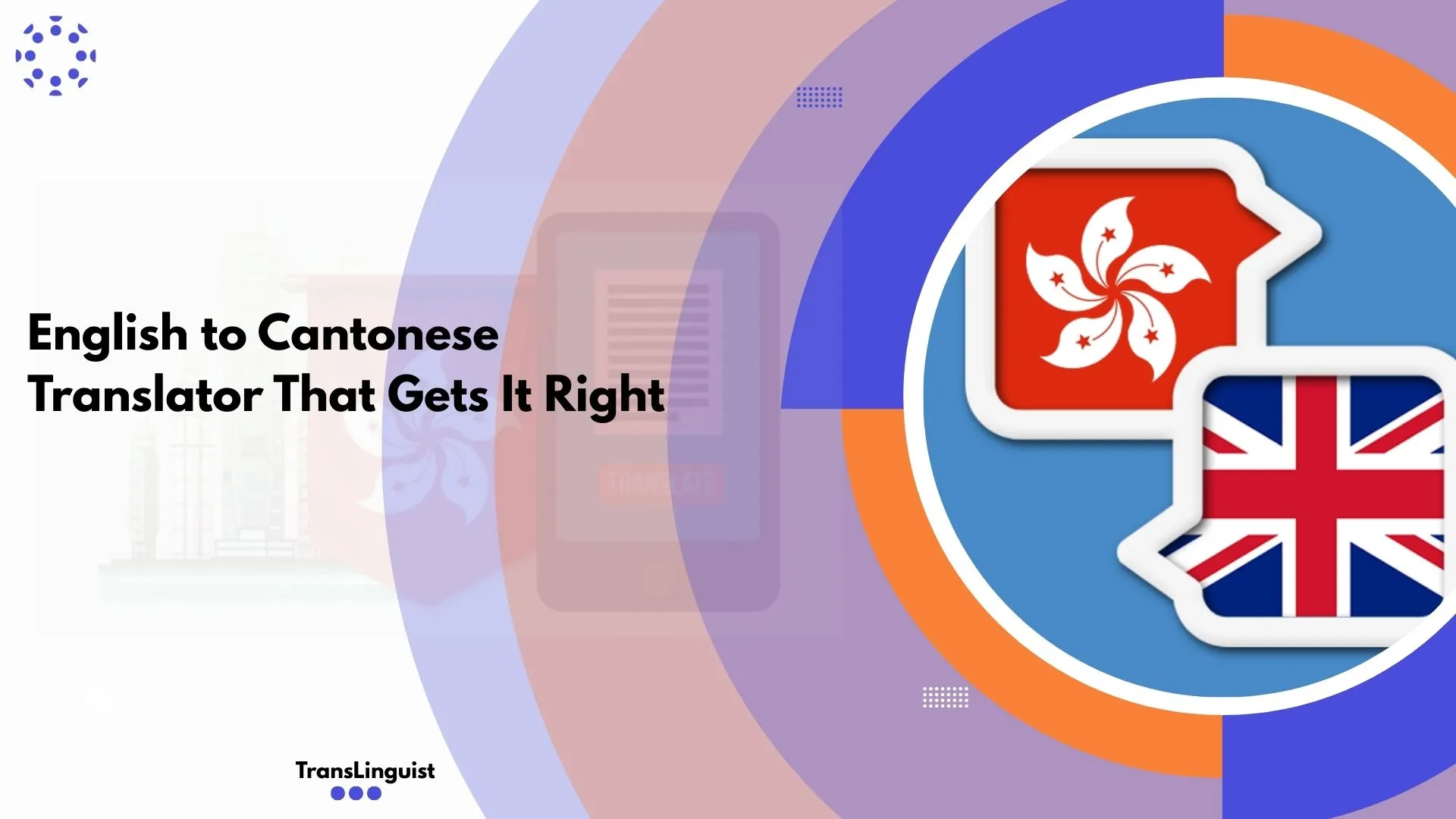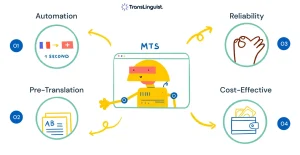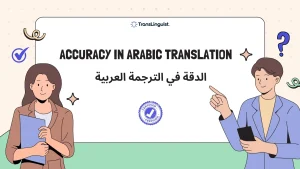The accuracy of translation matters when you need to communicate with people in Hong Kong or Macau for work purposes or messaging, or project requirements. The official language, Cantonese (廣東話), is spoken by more than 80 million people in both Hong Kong and Macau. The language shares some vocabulary with Mandarin but has distinct tonal patterns and grammatical structures, and everyday communication practices. Traditional Chinese characters are used for written Cantonese, and numerous expressions found in Cantonese do not exist in Mandarin. Your message will either reach its target audience effectively or become lost in translation, depending on the selection of English to Cantonese Translators between top-tier tools and seasoned professionals. People rely on TransLinguist for dependable translation services because they offer customized solutions for all requirements. TransLinguist recognizes these linguistic complexities to develop translation services that respect this rich cultural heritage while providing assistance for your needs. TransLinguist ensures your words maintain their weight while preserving cultural elements and maintaining clarity.
Why Cantonese Translation Needs Special Care
First, Cantonese isn’t just another dialect—it’s a language with layers. In Hong Kong, for example, more than 88% of people speak Cantonese as their first language, and over 94% of them can understand it to some extent. Pop culture, everyday life, and local identity are all interwoven with Cantonese. In addition, the well-known combination of English and Cantonese, which is frequently heard in advertisements and stores, makes translation difficult and unmanageable for simplistic technologies. A casual blend, like inserting “startup” or “social media” into Cantonese sentences, demands a subtle hand to keep meaning intact.
Common Challenges for English to Cantonese Translators
The following obstacles make this language combination particularly challenging:
- Tone & Meaning: Cantonese has six to nine tones. A misplaced tone can turn “make the point” into something that sounds completely different—or even nonsensical.
- Word Order & Context: Cantonese structures sentences differently. English’s subject-verb-object layout doesn’t always work. Translators need intuition to keep meaning intact.
- Idioms & Culture: Words like “add oil” or “face” don’t carry the same cultural weight or nuance when translated literally. They need adaptation, not literal conversion.
- Code-switching: Casual Cantonese often throws in English words. Every English phrase that is painfully translated into Cantonese instead of flowing organically might make a marketing email seem stale.
For authenticity, it is therefore crucial to use language-savvy translators like TransLinguist rather than only AI techniques.

Why Human Expertise Still Wins
The human element remains essential for English-to-Cantonese translation despite all AI progress. Machines lack the ability to understand jokes and homegrown expressions, and local sentiment, which native speakers naturally comprehend. Human translators provide essential context and cultural awareness, and tone expertise for all business presentations and creative campaigns, and legal texts. We depend on human judgment for projects that require all nuances to remain intact.
Combining Technology with Human Touch
That said, smart use of technology speeds things up without compromising quality. The best strategy? Use high-end tools to speed a draft, then let native experts refine it. TransLinguist does this by ensuring that your material is accurate and culturally appropriate using a combination of robust tools and human inspection.
Conclusion
Cantonese is vibrant, rich, and culturally ingrained. Working with English to Cantonese translators is the ideal choice for accurate, culturally sensitive translation; this is especially true for those who can combine cultural sensitivity with accuracy.
That balance between authenticity and accuracy is provided by TransLinguist. Ready to make your message resonate? Reach out and let TransLinguist guide your project with confidence and clarity.
FAQs
Do translators need to know about local trends and slang?
Absolutely. Without local insight, translations risk sounding stiff or out of touch.
How do I get trusted English to Cantonese translators?
The most reliable way is through professionals like those at TransLinguist, who combine tech with native speaker expertise
Can I use translation apps for social media posts?
For casual use, yes. But for anything public-facing, a human review is a smarter bet.
Why is it more difficult to translate Cantonese than Mandarin?
The translation process becomes more complex because of the differences in tones, slang, writing systems and grammar.
Why not simply make use of automatic translation software?
Despite their speed, they usually miss idioms, cultural tone, and subtleties that are crucial in casual discourse.



